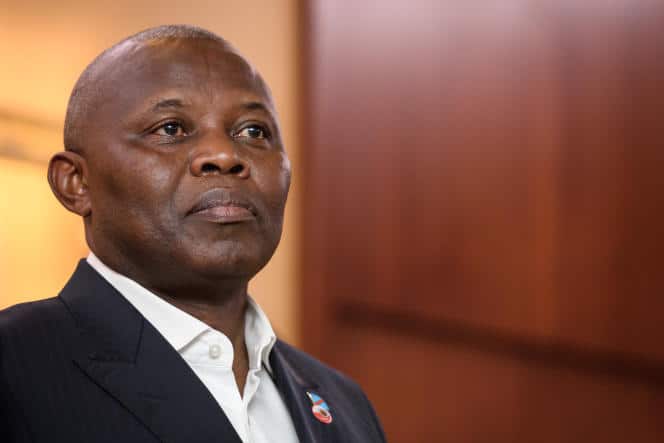When does corruption start? Does it start with the first call to an offshore bank, the first transfer of illicit funds or does it start some time before – during a sleepless night – and in the depths of the mind where no law reaches?
Vital Kamerhe was the Chief of Staff to Felix Tshisekedi, the President of the cobalt-rich Democratic Republic of Congo (DRC). When the President came into office in January 2019, one of his goals was to provide improved infrastructure and affordable housing to the Congolese people through his ‘100- day program’. However, soon after funds were disbursed, construction stalled whilst costs rose.
The players in this murky game are not hard to spot. First, we must have a government official with power to disburse funds and the willingness to look away. This was Kamerhe. As Chief of Staff, he could sign off on contracts and release funds. Second, we must have the pseudo-credible middlemen – the ones who make the show, by working to deliberately stall projects and inflate prices. These are the Lebanese businessmen Jammal Samih, CEO of Husmal and Samibo – two companies involved in the construction of social housing – and Jeannot Muhima Ndoole, who heads the Import-Export Department for the President.
On the other hand, there were members of civil society, such as the NGO Government Spending Watch, which reported that 80% of the contracts were awarded without tenders submitted. The president was also a key player – permitting the law to take its course. This may not have been done for altruistic reasons as there had also been reports of a rift between the President and his Chief of staff.
For the first time in a long time in Congo’s history, a high-ranking political official seemed to dance to the beat of the law. This was regardless of the fact that Judge Raphaël Yany, the judge overseeing the corruption trial, was murdered in May 2020. The police had earlier reported that he died of a heart attack, but an autopsy report revealed that he died from knife-like injuries to the head. This happened even though he had six policemen guarding him during the course of the trial.
Notwithstanding Judge Raphaël Yany’s murder, both Vital Kamerhe and Jammal Samih were sentenced to 20 years of hard labor in June 2020 and faced millions of dollars in fines. Beyond this, Kamerhe was also disqualified from running for office in Congo for the next 10 years. Jeannot Muhima was sentenced to two years of hard labour. The impact of this ruling has brought some hope to the Congolese people – a glimpse of what is possible if the law is allowed to take its course.
Reflection
Arguably, this hope was short-lived. On 14 April 2021, Kamerhe, from the relative comfort of his hospital bed, congratulated his ‘comrades’ for appointments as ministers and deputy ministers in the government. In fact, they got positions in areas, such as Budget, Land affairs as well as the Justice Department.
This case is familiar. Similar plays and players can be found across the continent. In this game, the law is a web through which birds fly unscathed, but flies are caught. The consequences of the actions of a few are left on the many. Whilst their politicians and those associated with them continue to misappropriate public funds – $304M was initially budgeted for infrastructure building and a large percentage of this remains unaccounted for – the people of Congo remain as poor as ever – with the majority living below the poverty line, spending less than $2/day to live.




